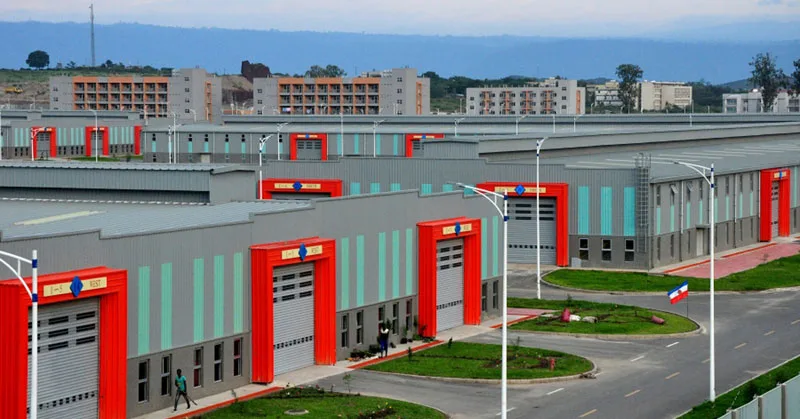Ethiopia has allowed foreign companies operating in its industrial parks to sell their products in the domestic market.
This policy change aims to enhance foreign direct investment (FDI) and boost foreign trade by providing more flexibility to investors.
Ethiopia, which currently hosts 13 industrial parks, has now permitted these parks to supply up to 50 percent of their products to the local market.
This initiative is part of the Ethiopian government’s broader strategy to stimulate economic growth and attract foreign investments.
The Ethiopian Investment Commission announced this new policy, emphasizing that it represents a significant shift from the previous restriction, which barred companies in industrial parks from selling their products domestically.
Zeleke Temesgen, the Deputy Commissioner of the Ethiopian Investment Commission, stated that this change is designed to encourage investors who have been facing various challenges.
Two years ago, following the outbreak of conflict in northern Ethiopia, the United States imposed several economic sanctions on the country.
One of the most impactful sanctions was Ethiopia’s removal from the African Growth and Opportunity Act (AGOA).
This exclusion has particularly affected industrial parks, as many companies within these parks were reliant on access to the U.S. market.
The sanctions, initially imposed due to concerns over human rights violations amid the conflict, have forced companies that once exported to American, European, and Asian markets to reconsider their operations.
Many have contemplated relocating to other countries due to the prolonged sanctions.
The Ethiopian government has argued that the AGOA exclusion unfairly impacts Ethiopian citizens employed by international companies in the industrial parks, who had no involvement in the conflict.
The government has appealed to the U.S. to reconsider its decision, highlighting the adverse effects on ordinary Ethiopians.
In response to the challenges posed by the AGOA ban, many foreign companies in Ethiopian industrial parks have reported significant market shortages.
These companies had previously requested the government allow them to sell their products domestically to mitigate the impact of losing access to foreign markets.
Prime Minister Abiy Ahmed, during a recent meeting with top taxpayers in Addis Ababa, indicated that Ethiopia is adjusting its policies to offer more property rights to foreign investors.
Ethiopia’s policy shift is expected to further encourage foreign investment and help stabilize the economy.
According to the Ethiopian Industrial Parks Corporation, Ethiopia earned $1.2 billion from the export trade of products from its industrial parks in the last four years.
